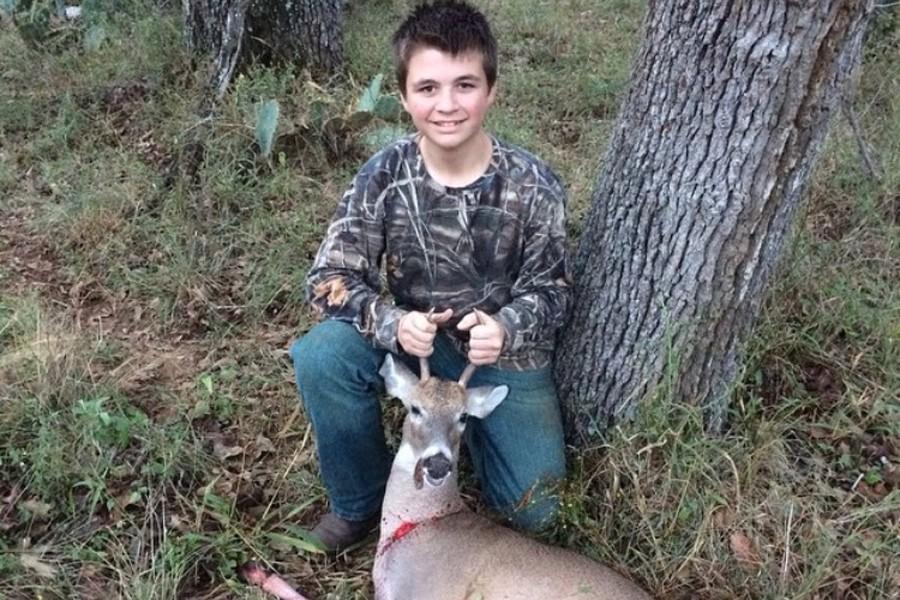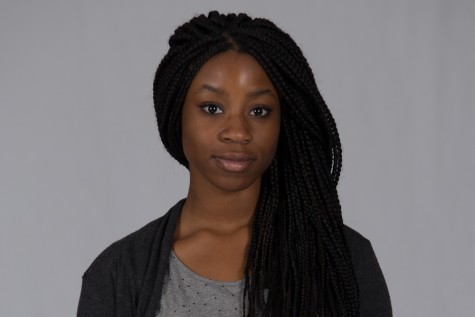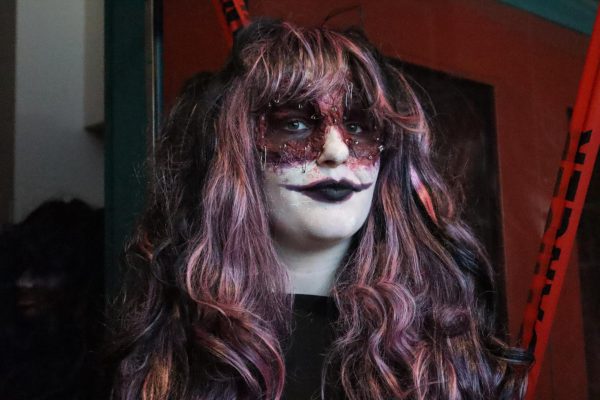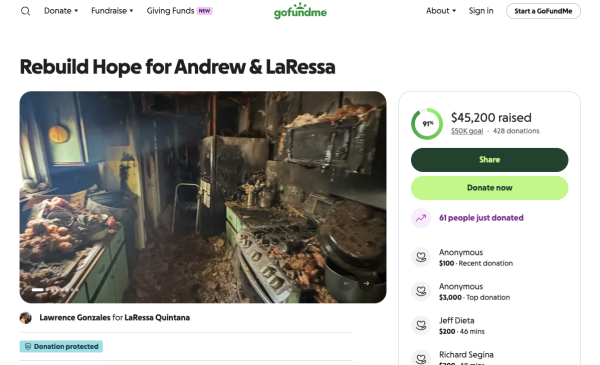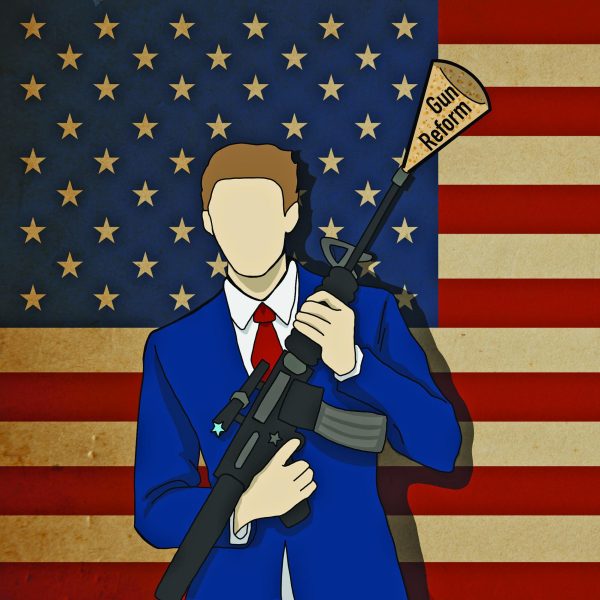Students enjoy hunting despite the controversy surrounding it
Student hunters take advantage of this year’s hunting season
Student hunter, Noah McGonagil, poses with one his kills. McGonagil started hunting when he was about the age of 6.
January 8, 2016
What makes a sport a sport is sometimes in the eye of the beholder.
Cheerleading, skateboarding and dance have all been subject to hot debates about their athletic merits. But not all sports require a ball and a scoreboard. Some just need a gun and a target.
That is the case for hunting.
Hunting is an activity that is enjoyed by many, but often misunderstood.. This sport, like any other, has specific seasons and requires practice to become better. There is not an official hunting team at Akins, but there are several students who actively hunt throughout the year.
“Sometimes I get ‘Buck Fever’ and get nervous when I’m about to shoot,” junior Noah McGonagil said. “But when I love the adrenaline rush, it’s really fun.”
Depending on the season, hunters will normally hunt dove, deer, hogs and even bear based on circumstance. Each animal has a season of abundance and usually overlaps in the fall season.
“I consider hunting to be a sport due to the fact that it takes skill, time and practice,” said agriculture teacher Megan Kay. “Also, most hunters are very competitive to have the biggest animal.”
Akins students enjoy hunting and aspire to gain more from the activity. Many students are actually unaware that there is a class here at Akins that teaches the fundamentals of hunting and the skills needed to perform properly.
“I teach many subjects that fall into the Park Cadet Practicum strand,” Kay said. “Wildlife fisheries and ecology management is where you learn hunters education and laws.”
Hunting is often decried by a population of people who don’t understand its purpose and claim animal cruelty as a result. However, hunters claim that is not the case.
“Sometimes I somewhat feel bad, but at the same time we don’t waste anything,” sophomore Cameron Burns said. “We always eat it or use it for another purpose.”
Students say they involve themselves with certain hunting groups for a larger effort and to build their own characters and even give back to the community.
“I’m in this youth group that teaches kids how to hunt and help out there,” McGonagil said. “It helps kids build a community and confidence.”
There has been talk, politically and socially, that bogs down the athletic credibility of hunting, but these students challenge that. The students who currently hunt have grown up with family members who taught them over the years and reject the negative connotations.
“That’s another thing, people who’ve never hunted or even held a gun normally don’t understand why people hunt,” senior Josh Ward said. “I believe people should try it first before passing judgement.”
The topic of hunting brings up some very opposing viewpoints in regards to gun control and other possible government regulations that affect this competitive sport. These students disagree with such regulations.
“I think we should keep our guns and believe it was put into our rights to bear arms as a form of protection and usefulness,” said senior Shelby Gattis. “And I don’t believe people should hunt if they’re not going to use their game.”
Hunting is a sport that requires time, accuracy and practice in order to become better. Though the goal is to become better hunters by those who practice the sport, it is more than just to kill animals. Instead it’s to become more resourceful for themselves and others.
“I’ve been hunting for about 7 years and yeah I would say it’s pretty male-based, but it’s because of society,” Gattis said. “I don’t think that it should be looked at as a male sport, but for anybody who can handle a gun correctly.”

